Natural Insecticides
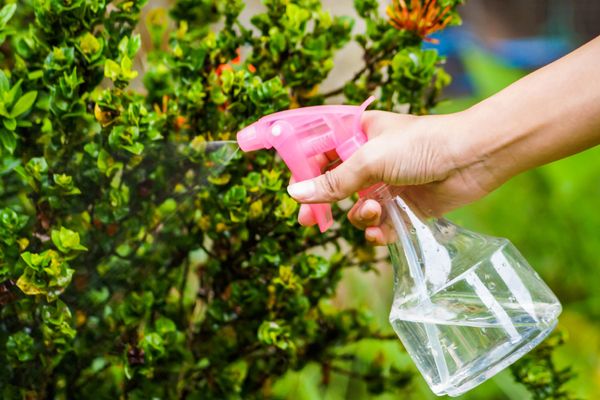
What will you learn in this article?
We analyze the most common natural or organic insecticides that you can apply in your orchard or garden. We briefly explain how to prepare organic and natural compounds that attack the different pests that we can find.
We also show the pros and cons of using these organic insecticides.
Can you come with us?
What are natural insecticides?
An insecticide is a substance designed to kill one species of insect. There are many types of insecticides that combat the multiple species that we find in nature.
For example:If you compare commercial insecticides, you would find options for spiders, cockroaches and many other insects.
Most traditional insecticides are made with manufactured chemicals that make them very effective, but also very toxic.
Natural insecticides, on the other hand, are substances produced by natural organisms for their own defense or derived from an organic source, such as a mineral or plant. Like traditional insecticides, the goal of a natural insecticide is to kill, repel, or put an end to the harmful behavior of insects.
Although natural insecticides are generally safer and less toxic than artificial ones, there are exceptions.
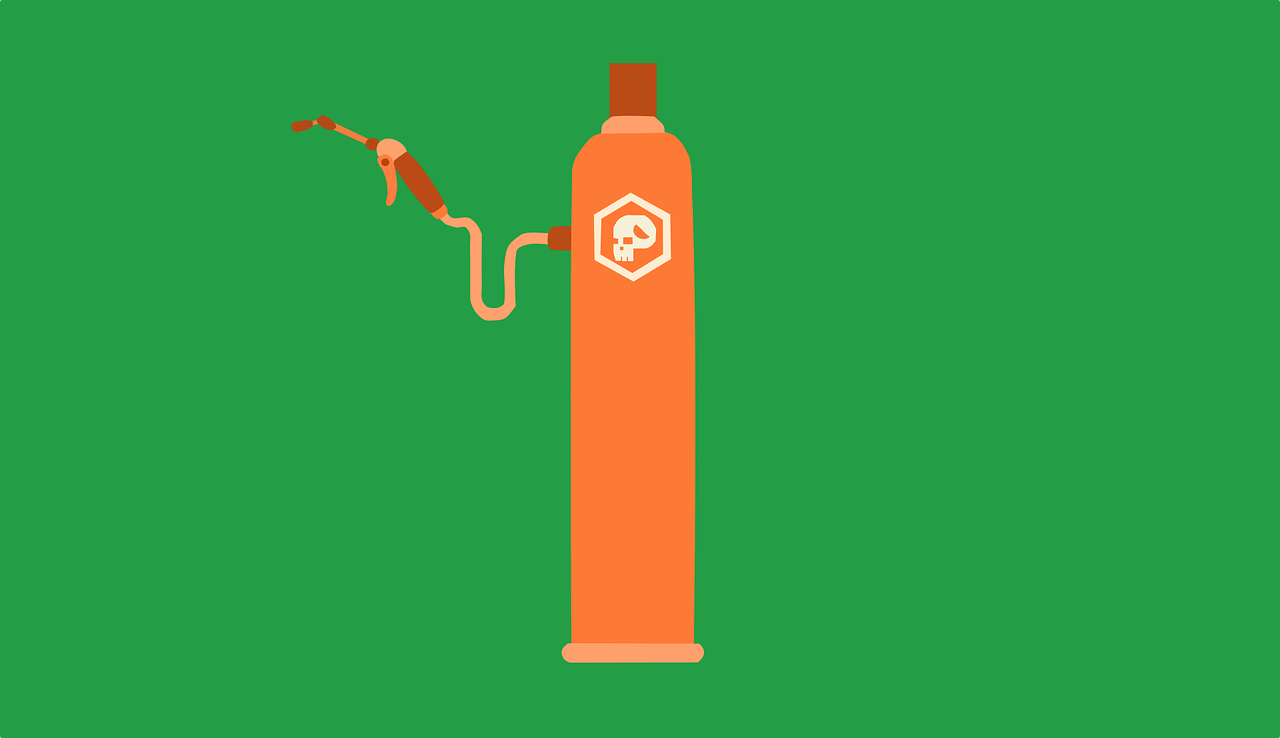
For example:Nicotine is the natural insecticide produced by tobacco leaves, but it is also a highly addictive and dangerous component of cigarette smoke that is more toxic than most synthetic insecticides.
Furthermore, arsenic, strychnine, lead, mercury, and other compounds historically used as insecticides are technically «natural,» even though none of these compounds are safe.
General advice for the use of natural insecticides
Using a natural insecticide or one made from household ingredients has many advantages. Although many commercial pesticides are effective against insects, they sometimes kill beneficial insects and can be toxic to pets and children. However, before we get into the best types to try, you should know some quick tips for using insecticides.
Never apply any insecticide to a stressed plant: Avoid spraying burned leaves and make sure all plants are well watered.
Remove as many diseased leaves as you can before spraying. If the leaves still appear healthy, treat them individually.
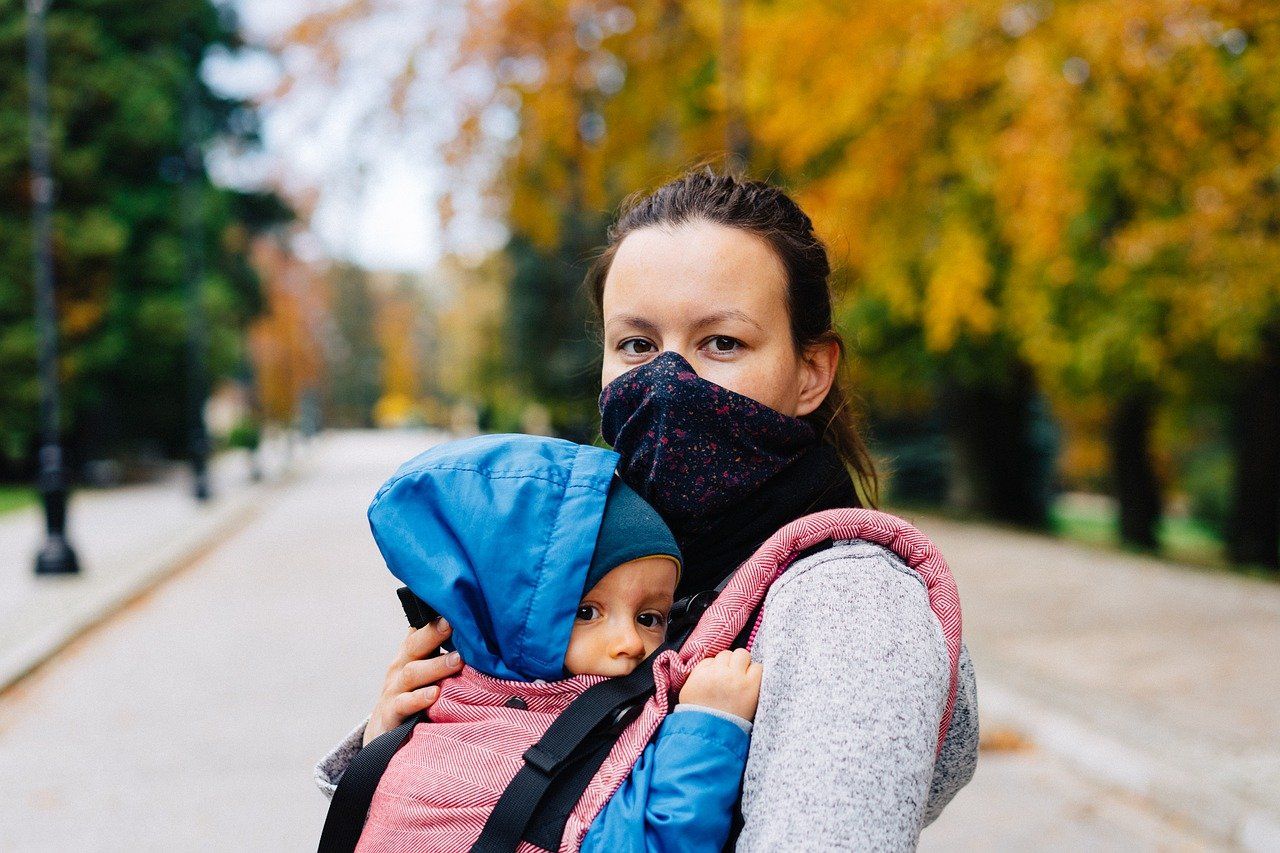
It is best to apply the product in the morning, before the sun sets, or in the evening, after the sun has faded, to eliminate the possibility of burns.
Always use gloves and a mask when applying any insecticide in your garden or orchard, even if it is mild.
Keep pets away from the area during application and until the insecticide has completely dried, even if you use something like dish soap.
Before applying the product to the entire plant, it is advisable to spray a few leaves with the prepared solution, wait 48 hours and inspect for damage. If the leaves are burnt or browned, dilute the solution and do another test.
Types of natural insecticides
kitchen soap for washing dishes
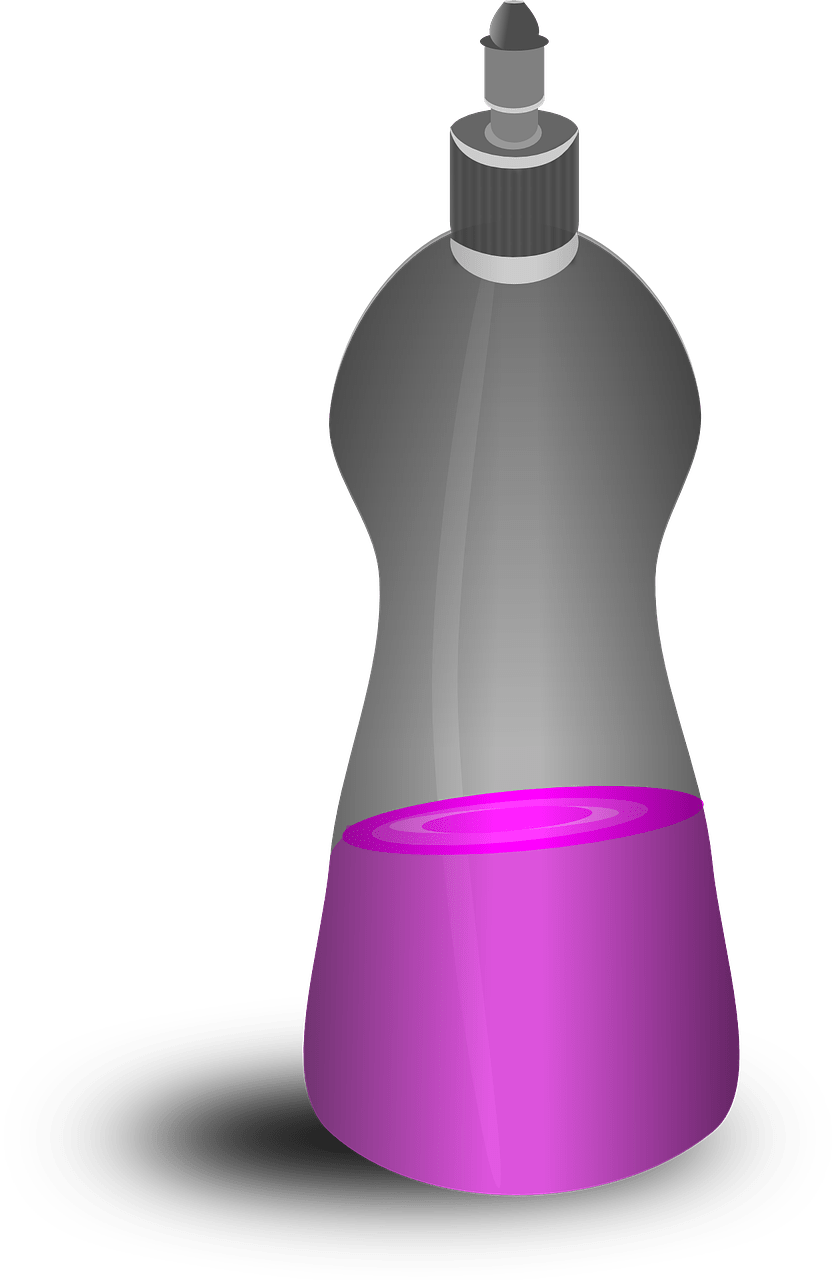
What is it effective against? Aphids , beetles, whitefly, mites.
One of the most common household ingredients to eliminate insects is to make a spray with kitchen soap, but you have to be careful with the proportion of soap and water. Too much soap will ruin your plants.
- Use mild dish soap or castile soap.
- Add a teaspoon and a half of soap for every liter of water.
- Mix it up in a larger container and then pour it into a household sprayer to make sure the ratio is correct.
- Spray leaves where insects appear. Cover the top and bottom of the sheet.
- Never apply during the hottest hours or when the plants are exposed to direct sunlight (choose to do it first thing in the morning or at night).
- Repeat the process every four to seven days, and after heavy rain, until you start to see improvement.
- Don’t forget to do a test first.
- Use a few drops of dish detergent in water in a small bucket or container and place it under your plant to collect bugs like beetles or bed bugs. The soap in the water will coat their bodies, making it impossible for them to fly away. The proportion of soap and water is less important in this case, since it is not applied directly to the leaves of the plant.
Vegetable oil
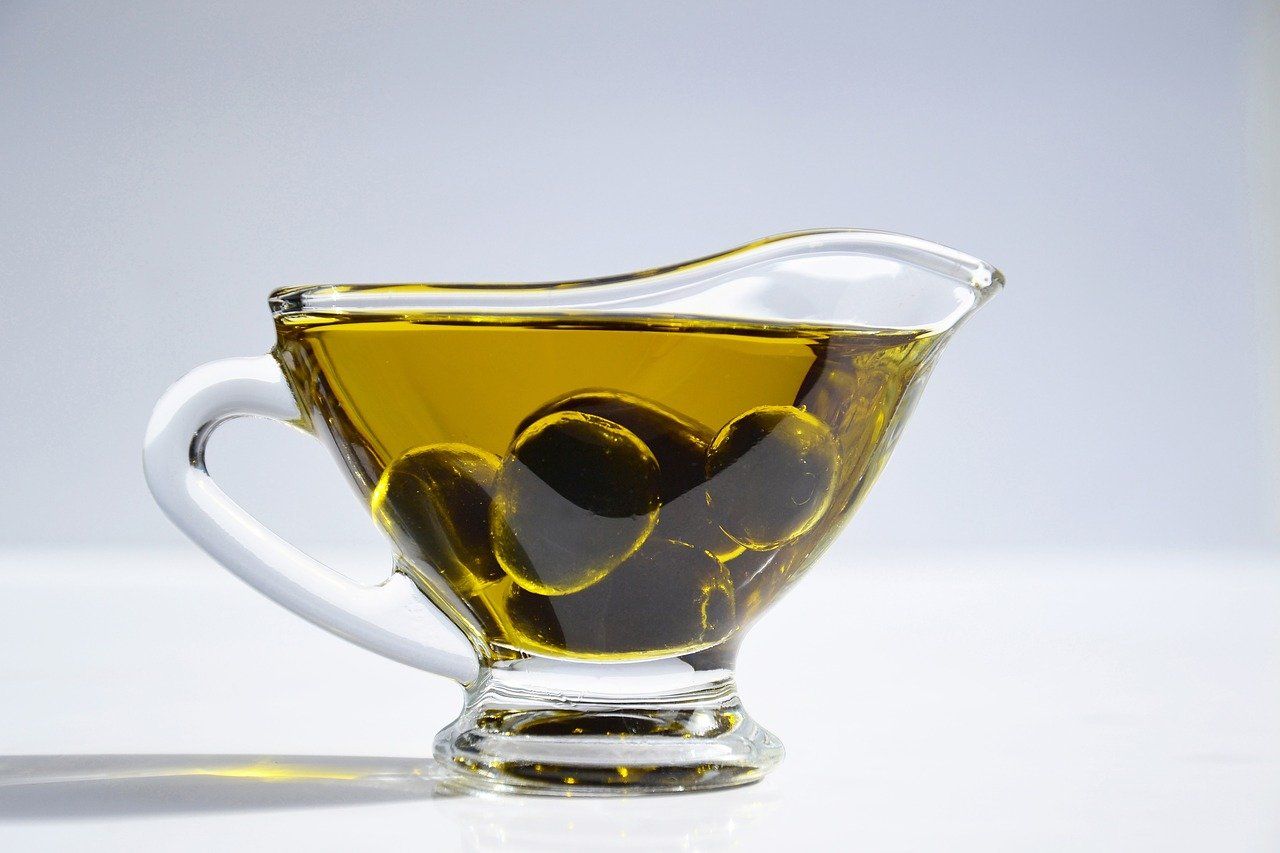
What is it effective against? Aphids, beetles, whitefly, thrips, mites.
Like spray soap, vegetable oil insecticide is a good way to get rid of pesky bugs. The combination of soap and oil coats the insects’ bodies and suffocates them.
- Use a tablespoon of mild soap (such as dish soap or castile soap) for every cup of vegetable oil. Mix well.
- Add 2 tablespoons of the oil mixture to a liter of water and pour it into a spray bottle.
- Spray the top and bottom of each leaf where insects live and the stems if necessary.
- You’ll probably have to stop and shake the mixture a few times during application to make sure the soap, oil, and water mix together.
- Never apply during the hottest hours or when plants are exposed to direct sunlight (choose early morning or evening).
- Reapply the product every four to seven days and after heavy rain.
- Don’t forget to do a test first.
Diatomaceous earth

What is it effective against? snails , slugs and ants
We have already spoken in Sembrar100 other times about the fabulous diatomaceous earth.
This powdery substance is ground silica produced from the fossilized skeletons of tiny marine organisms known as diatoms. The dust itself damages the protective shells of ants, slugs, snails, and other invertebrate pests.
- Be sure to use horticultural grade; there is another type on the market that is used for swimming pools and that is too hard for the garden.
- Always wear a mask and gloves when applying diatomaceous earth.
- Follow the manufacturer’s directions for distribution, but in general, you’ll want to dust around the perimeter of any garden bed you want to protect, as well as in the drip line of your plant.
- To be more precise, use a brush, a small measuring spoon, or even a turkey baster if you want to get into the cracks (to deter ants, for example). If applying to a large area, such as lawns, use a flour sifter; but DO NOT reuse it for cooking.
- You will need to reapply the product after heavy rain or dew.
- Reapply every week.
Pyrethrins
What is it effective against? Aphids, leafhoppers, mealybugs, mealybugs, spider mites, whitefly and thrips.
Pyrethrins are obtained from the flowers of the Dalmatian chrysanthemum or pyrethrum daisy (Tanacetum cinerariifolium). The spray is available at any garden center, or you can try making your own:
- Wearing a mask and gloves, use a blender or food processor to grind the dried flower heads into a powder. (Make sure to wash it well afterwards).
- For every half glass of dried flowers, add four glasses of water. Include a few drops of soap to help the mixture stick.
- Add this mixture to a spray bottle and apply it to the tops and bottoms of infected leaves. In case of heavy infestations, spray the stems as well.
- Pyrethrins break down in sunlight, so apply in the evening.
- Do not spray when it is very hot.
- Repeat application once a week and after heavy rains until infestation appears to be under control.
- Don’t forget to do a test first.
hot pepper spray
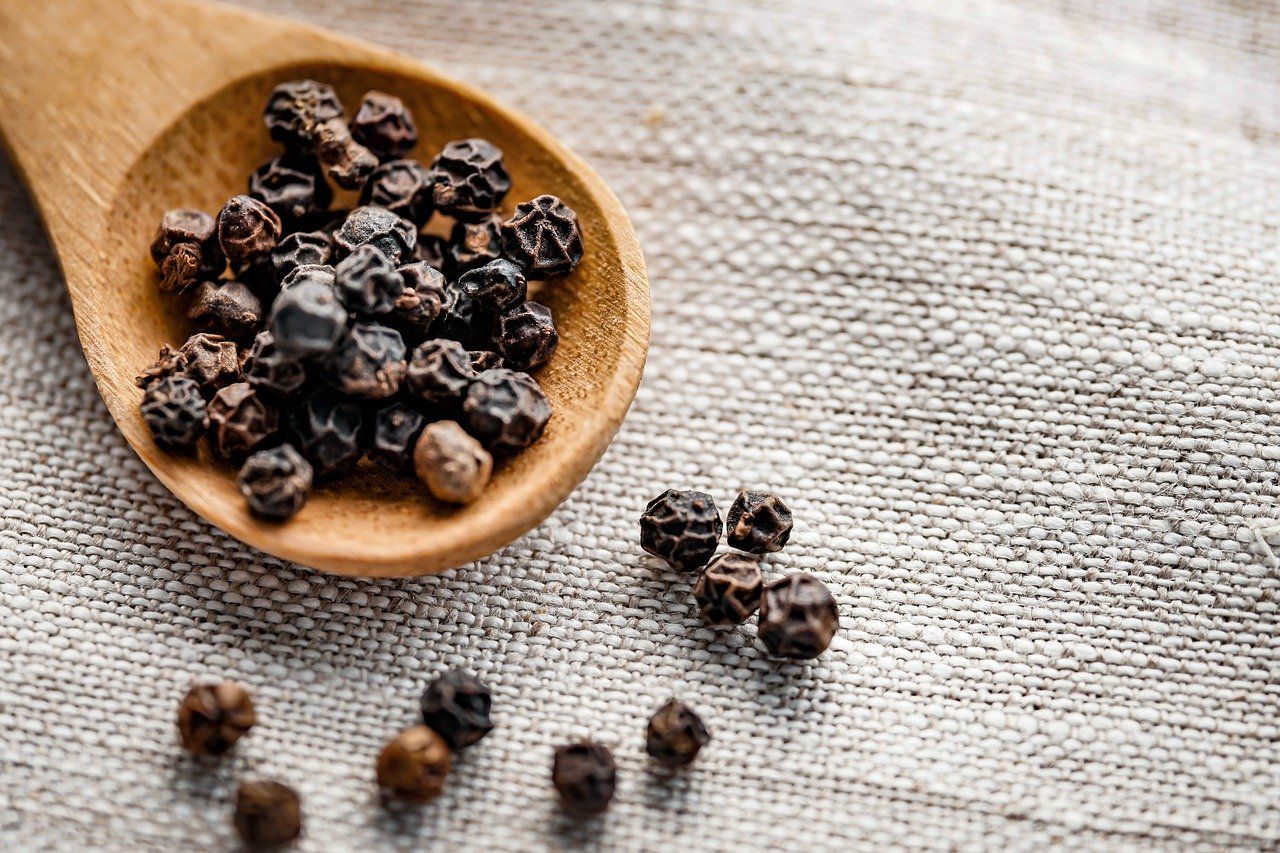
What is it effective against? Mites,aphids, rodents.
Commonly used to deter rodents from eating plants, watch carefully. Hot pepper can cause burning and discomfort, especially in the eyes, so always wear gloves when preparing or administering this solution, and avoid applying it on a windy day.
You don’t want a cloud of pepper spray getting in your eyes!
- Wear gloves and a mask.
- Try to mix this product outdoors if possible.
- Combine 2 tablespoons of red pepper, cayenne pepper, or paprika with a gallon of water.
- Add six drops of mild dish soap to help the pepper solution take hold.
- Pour the substance into a household spray bottle. Make sure to clearly label the bottle.
- Saturate the plant on both sides of the leaves.
- Do not apply it during the heat of the day. The ideal time is sunset.
- Reapply the product every three to four days and after heavy rain.
- Don’t forget to do a test first.
Beer

What is it effective against? B abosas, snails
A bowl of beer in your garden will act to attract slugs and snails: They will not be able to resist, they will fall into the bowl and drown.
- Make sure it’s deep enough that they can’t easily crawl out.
- Put it on at night and check every morning.
- Any type of beer will do: It doesn’t have to be good.
- Make sure to supervise children and pets if you put it in the garden.
- Fill when necessary.
beneficial insects
One of the most sustainable ways to combat invasive leaf-destroying insects is to introduce their natural predators.
Plant native, pollinator-friendly plants like Scabiosa and Monarda to attract insects that not only help your garden thrive, but also prey on plant-damaging critters. You can also add these beneficial insects directly to your garden.
It is best to release the insects first thing in the morning.
Try to introduce these insects at least once each growing season, ideally in early spring.
Vinegar
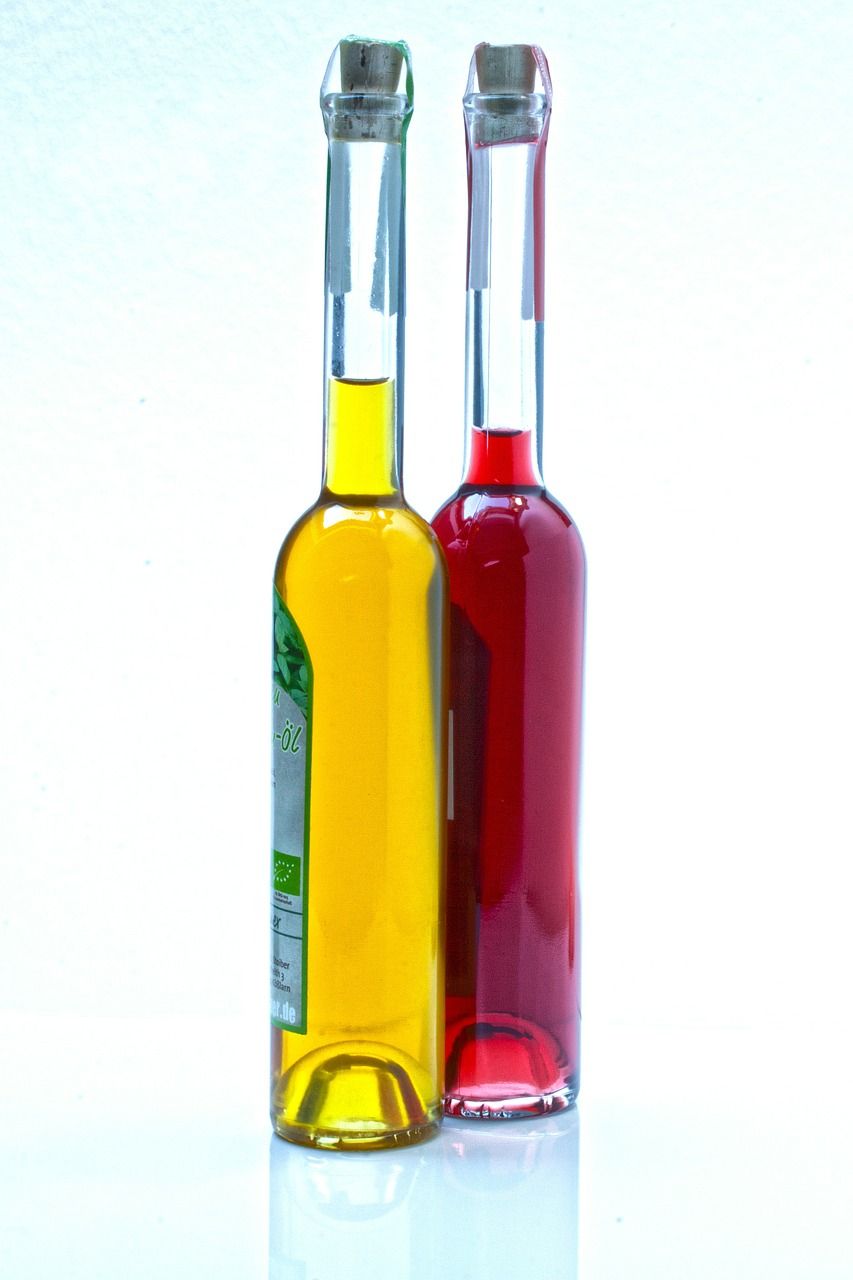
What is it effective against? Slugs, snails, ants and flies.
- Use a simple vinegar solution to repel and kill insects in your garden, especially slugs, moths, and ants. Do not use industrial vinegar that has a higher concentration of acids (20% or more), as it will ruin your plants.
- Use one part vinegar (apple or white cider) to three parts water to create a sprayable solution.
- Add a few drops of mild dish soap to help the solution stick. Add to a spray bottle and apply to the base of infested plants. Treat the leaves directly if they are heavily infested.
- Use vinegar instead of beer to lure slugs and snails to their doom.
- A concentrated spray (3 parts vinegar to 1 part water) is used to treat weeds.
- Vinegar is effective at repelling dogs, cats, and even coyotes.
- Apply the vinegar solution only in the early morning or in the evening. Too much vinegar will burn the plants.
- Apply the solution every seven to ten days.
- Don’t forget to test the solution on some leaves first.
garlic
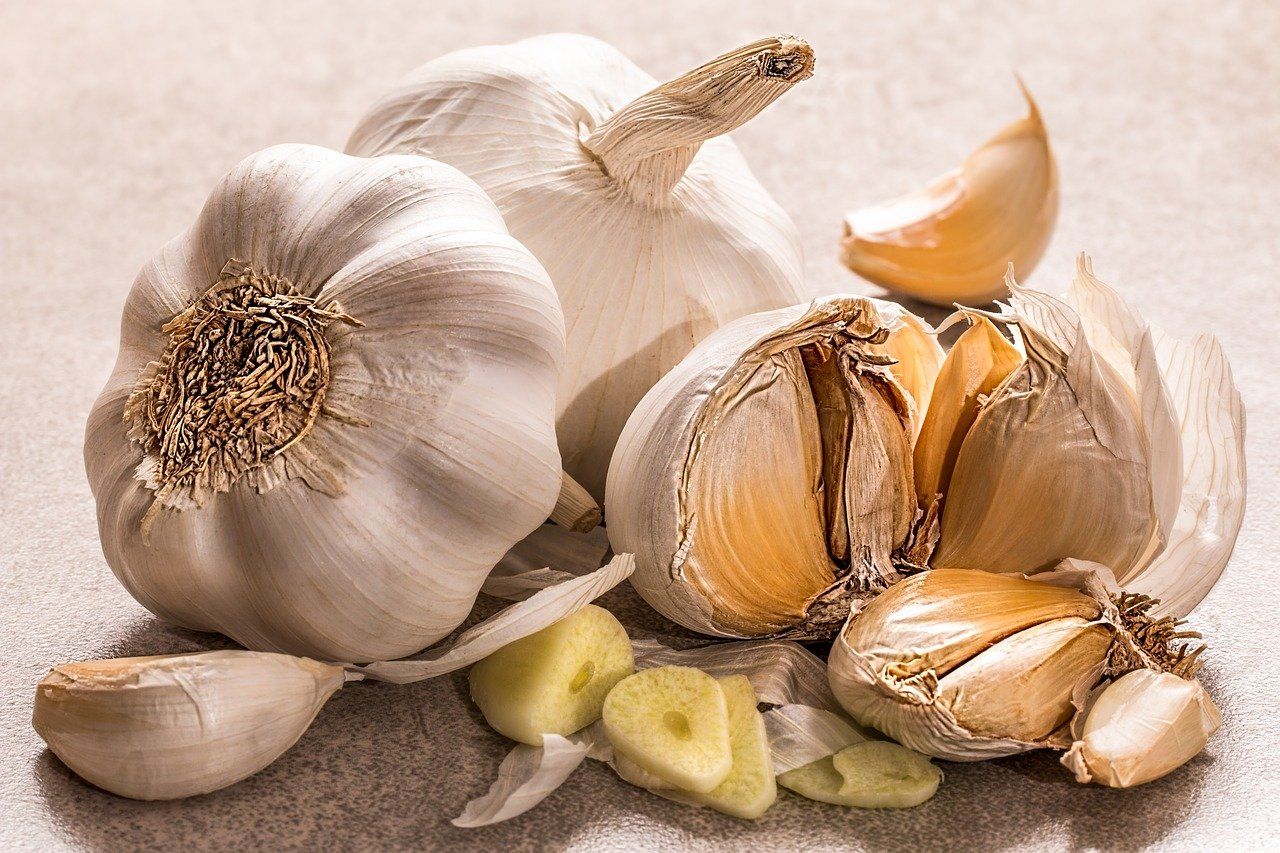
What is it effective against? Aphids, ants, beetles,caterpillars, slugs, whitefly.
Not only can you plant garlic in and around vegetable gardens to keep insects away, but you can also use it as an effective insecticide spray. Buy concentrated garlic sprays at a garden center, or try making your own.
- Put on gloves.
- In a blender or food processor, finely crush six cloves of garlic.
- Add 5 cups of water and four or five drops of kitchen or castile soap. You can also add a few drops of vegetable oil.
- Strain this mixture through cheesecloth or a very fine strainer to remove large chunks. This strained mix is your concentrate.
- Store the concentrate for up to a week in a jar with a tight lid. When you are ready to use it, dilute the entire solution with 3 cups of water.
- Add this mixture to a household sprayer.
- Cover the top and bottom of the leaves of affected plants.
- Apply this solution every week or after periods of heavy rain.
Don’t forget to test a few leaves first to make sure the solution is safe for your plants.
neem oil

What is it effective against? Aphids, beetles, leafhoppers, mites, mealybugs, caterpillars, mealybugs, whitefly.
Neem oil is a natural byproduct of the neem tree and is an effective insecticide against various garden pests. It is available at garden centers.
Neem oil comes in several forms, including a concentrated oil and one ready to spray. Always follow the manufacturer’s instructions for accurate mixing and application. Too much neem oil can burn the plant’s leaves, so test a few leaves if you’re unsure.
Neem is used to control insects in their development stages, including larvae, so it should be applied once during the dormant season and then weekly or bi-weekly during the growing season.
Neem is also used as a fungicide to treat powdery mildew, rust, black spot, and other common garden diseases.
Soap based insecticide spray
- Half a liter of water.
- 19 ml of liquid soap.
- 2 teaspoons (10 ml) neem oil (optional)
- 1 teaspoon (5 ml) apple cider vinegar (optional)
Insecticide and insect repellent based on garlic
- 1 head of garlic, peeled
- 940 ml water, divided.
- 1¼ tablespoons (19 ml) of liquid soap.

chili insecticide
- 3 tablespoons (45 ml) chili flakes (or 10 fresh peppers, such as cayenne, jalapeños, or habaneros).
- 4 liters of water.
- A few drops of dish soap.

Multipurpose insecticide for garlic, onions and peppers
- 1 bulb of garlic.
- 1 small onion.
- 1 teaspoon (5 ml) of cayenne pepper powder.
- Half a liter of water.
- 1 tablespoon (15 ml) of liquid dish soap.

How to make an insecticide for tomato leaves
- 500 ml of chopped tomato leaves.
- Half a liter of water.
Plants that are usually good associations
Just like your body, preventative care between plants is the foundation for a healthy garden. One of the best (and prettiest) ways to do this is with plants that act as natural insect repellents, such as:
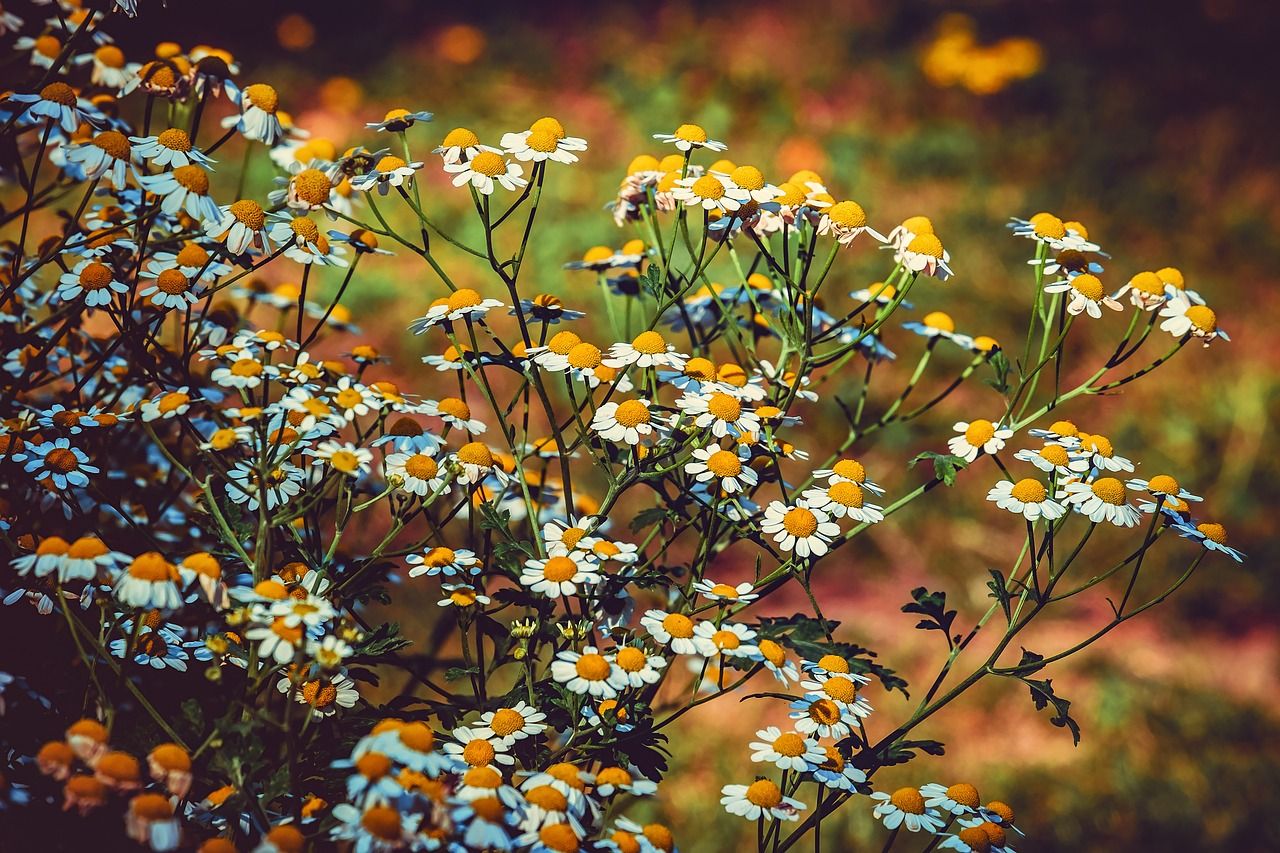
Advantages of using natural pesticides
They are more environmentally friendly
Using natural pesticides is one way to go «organic» and reduce your carbon footprint. Generally, pesticides created from natural means are much more environmentally friendly.
This means that you will be more likely to be «green» if you use natural pesticides versus using synthetic ones.
Natural pesticides work better in the long term
Natural pesticides work better in the long term because pests are less likely to develop tolerance to them.
This means that over a long period of time, these pesticides will be more effective than those to which pests have developed a resistance.
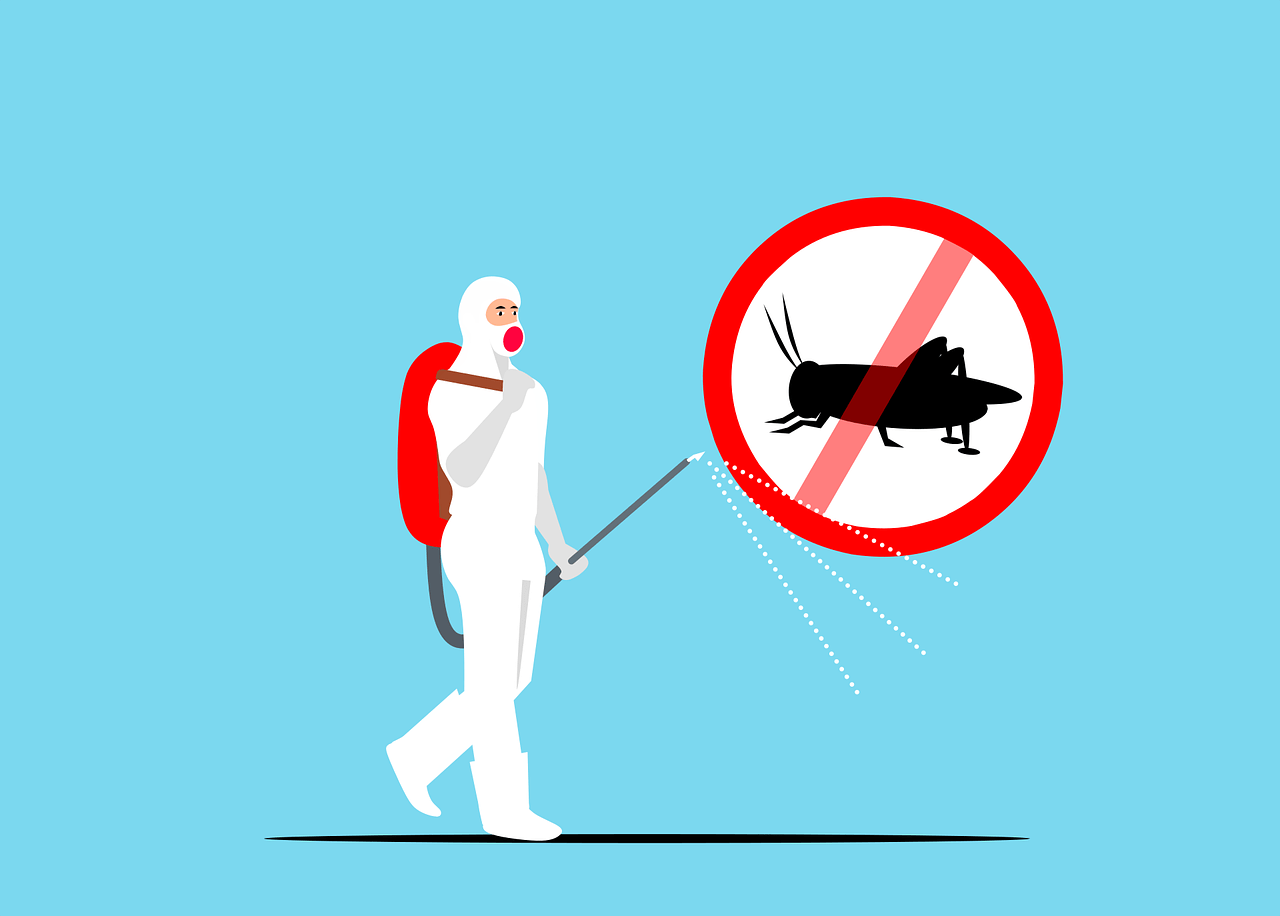
Natural pesticides are healthier
Using natural pesticides can be healthier for you, your pets, and your children. This is especially true if you are using insecticides in an orchard that produces fruits and vegetables.
Natural pesticides may be better for the quality of your soil
This translates into better overall plant growth. It can also mean less chance of contamination. This is one of the reasons why natural insecticides are considered much more environmentally friendly.
Disadvantages of natural insecticides
However, nothing is completely perfect, especially when it comes to pesticide use. So here are some of the cons of using natural pesticides.
Natural pesticides can be more expensive than synthetic ones
Unfortunately, many people who want to use only natural products cannot afford them. This is one of the reasons that synthetic pesticides remain more popular.
Some products may be less effective
Some natural products can be much less effective than synthetic ones. This largely depends on the ingredients used in the insecticide.
They are slower to act
When natural insecticides are used, they may also take much longer to work than conventional synthetic products. And with the delay, you may see an increase in pests during this time.
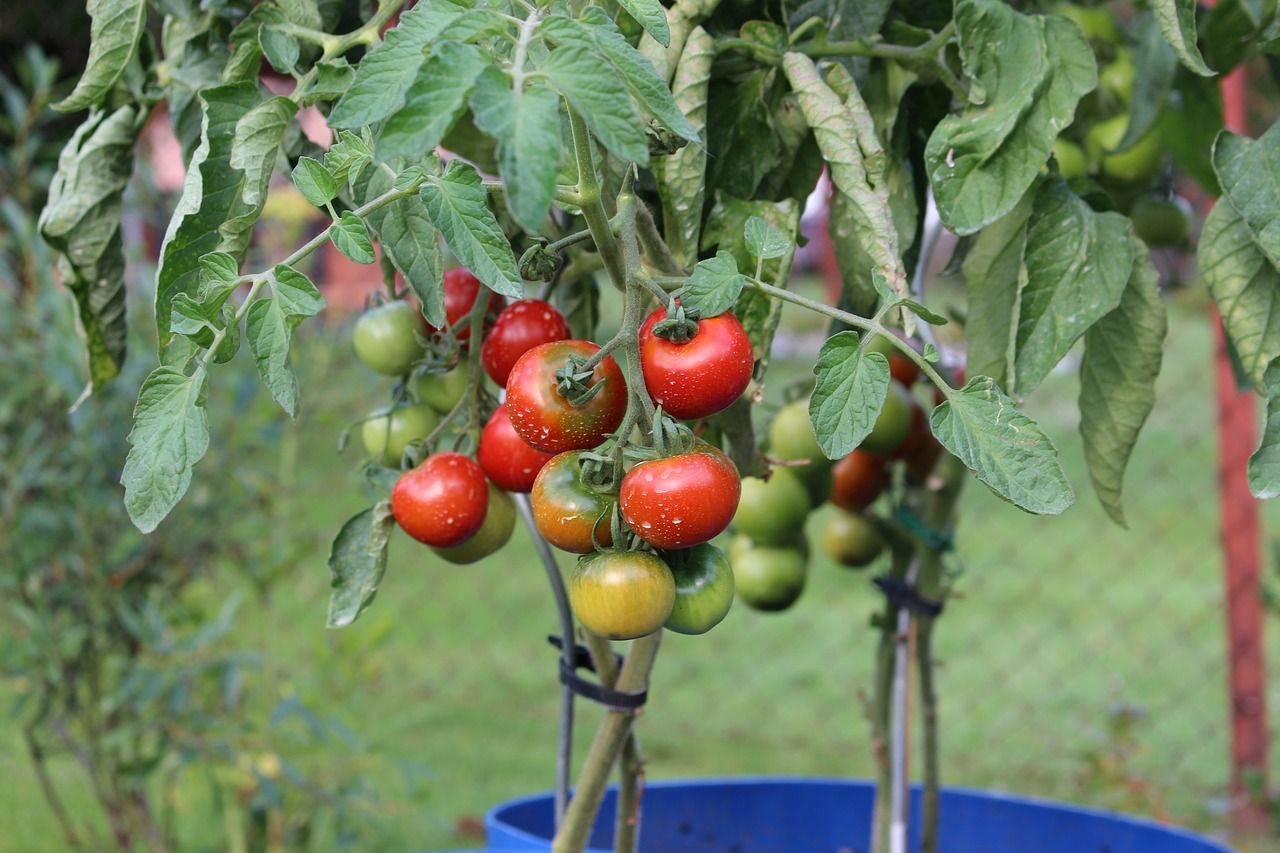
You may need more knowledge to use them correctly
These natural chemicals may not be as strong as their lab-grown counterparts, so this means they may require more knowledge to use properly.
There are still not that many companies offering natural chemicals
Fortunately, this is beginning to change in recent years. But for people who live in certain areas, this can mean that these products are less accessible.
IMPORTANT: Do not assume that organic insecticides are completely safe
It is also important to note that just because a product is labeled «natural» or «organic,» it should not be assumed that it is completely safe for humans, pets, or the environment.
Before using a natural pesticide, you should thoroughly research the chemicals that are used in it. You should check any warning labels you see on the container.
When using natural pesticides, you should take the same precautions as with synthetic ones. And, as always, call your city’s poison control center if you accidentally ingest or breathe in any natural chemicals. Just as if a child or an animal does it.
Now that we’ve discussed the pros and cons of natural pesticides, it’s time to move on to the pros and cons of synthetics.
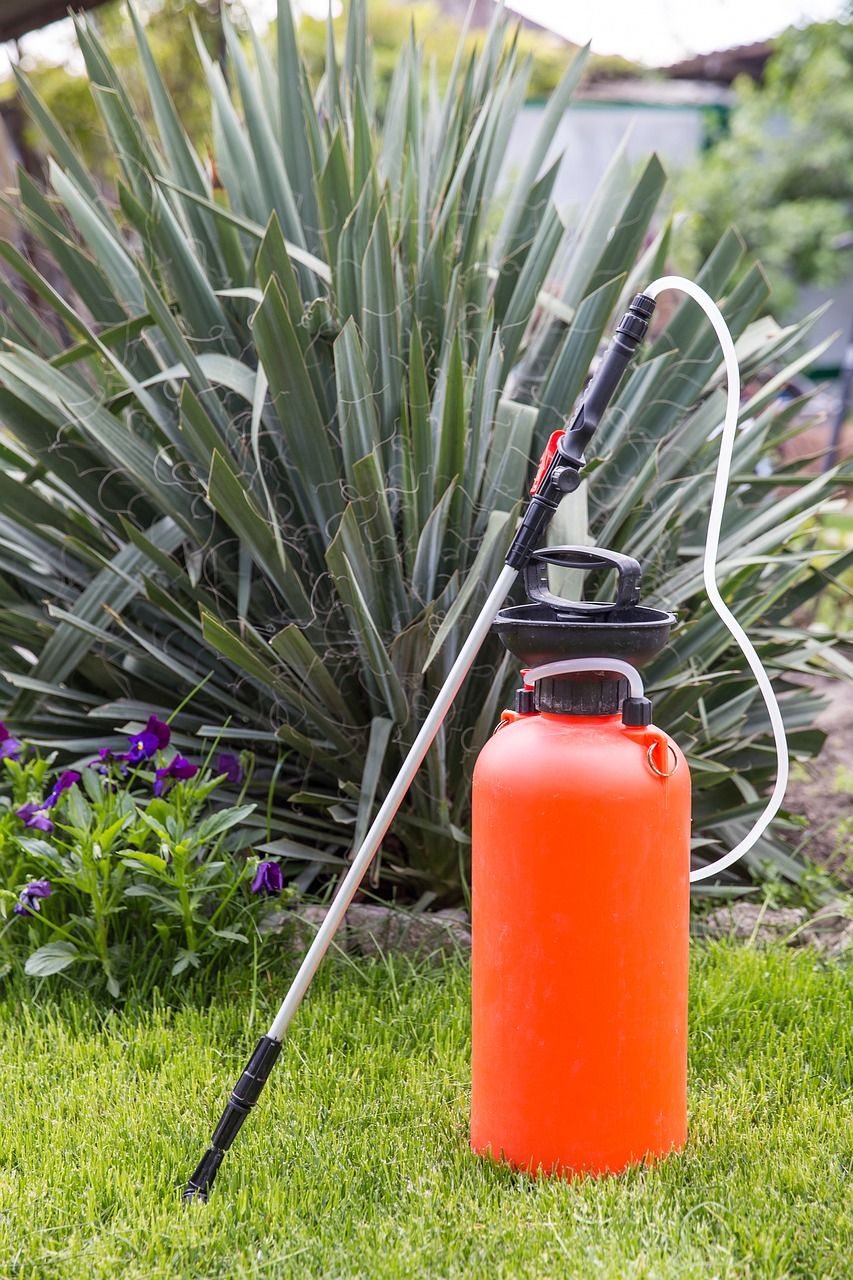
What is the best natural insecticide for plants?
In our opinion, the best natural insecticide is Neem Oil.
It is one of the best natural insecticides for all kinds of plants, killing everything from cabbage worms and squash bugs on the surface to nematodes and worms in the soil.
Neem oil is a poisonous extract from the neem tree, a tropicalAsian species, that is widely available at garden centers.
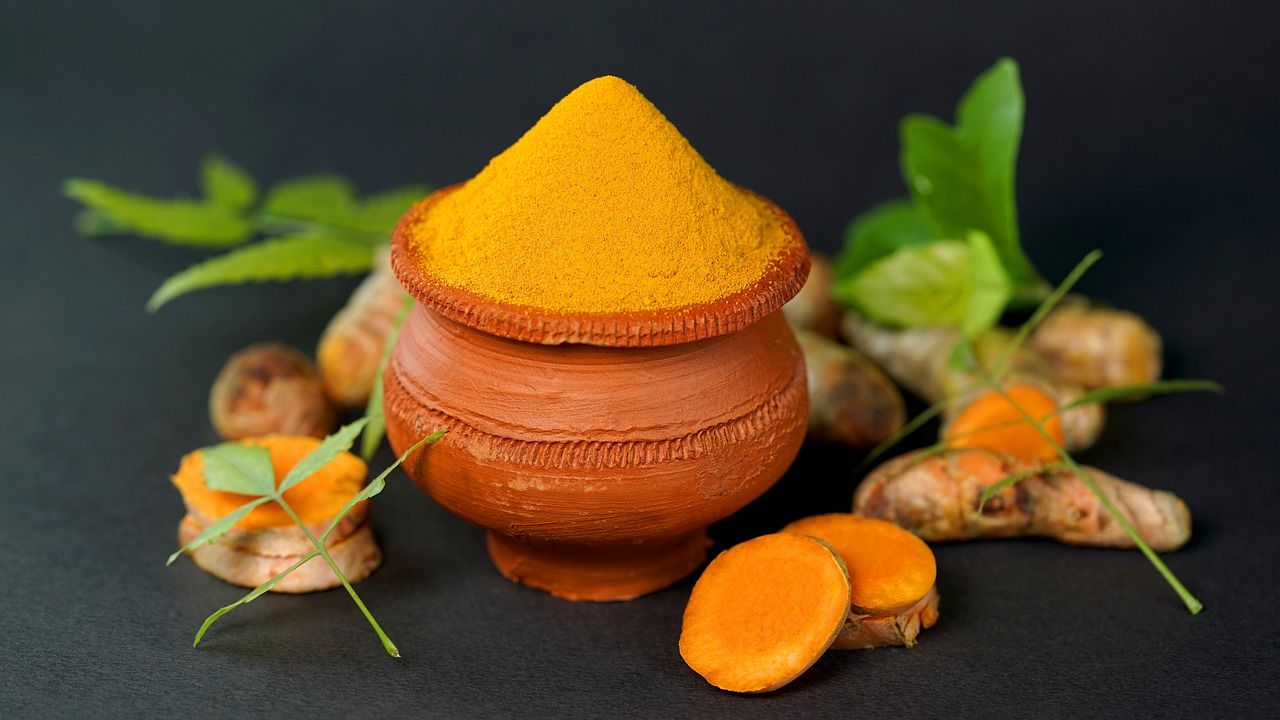
What is the difference between insecticide and pesticide?
Pesticides are chemicals that can be used to kill fungi, bacteria, insects, plant diseases, snails, slugs, or weeds, among others. … Insecticides are a type of pesticide used to specifically target and kill insects.
Types of natural pesticides
The wide variety of organic pesticides includes those with a biochemical, microbial, botanical or mineral base. Many of them come from the plants themselves, insects or natural minerals.
biochemists
Biochemical pesticides are fascinating in their simplicity and cunning. Pheromones are one of the forms that are sometimes naturally occurring or man-made. They can alter mating behavior and control insect populations.
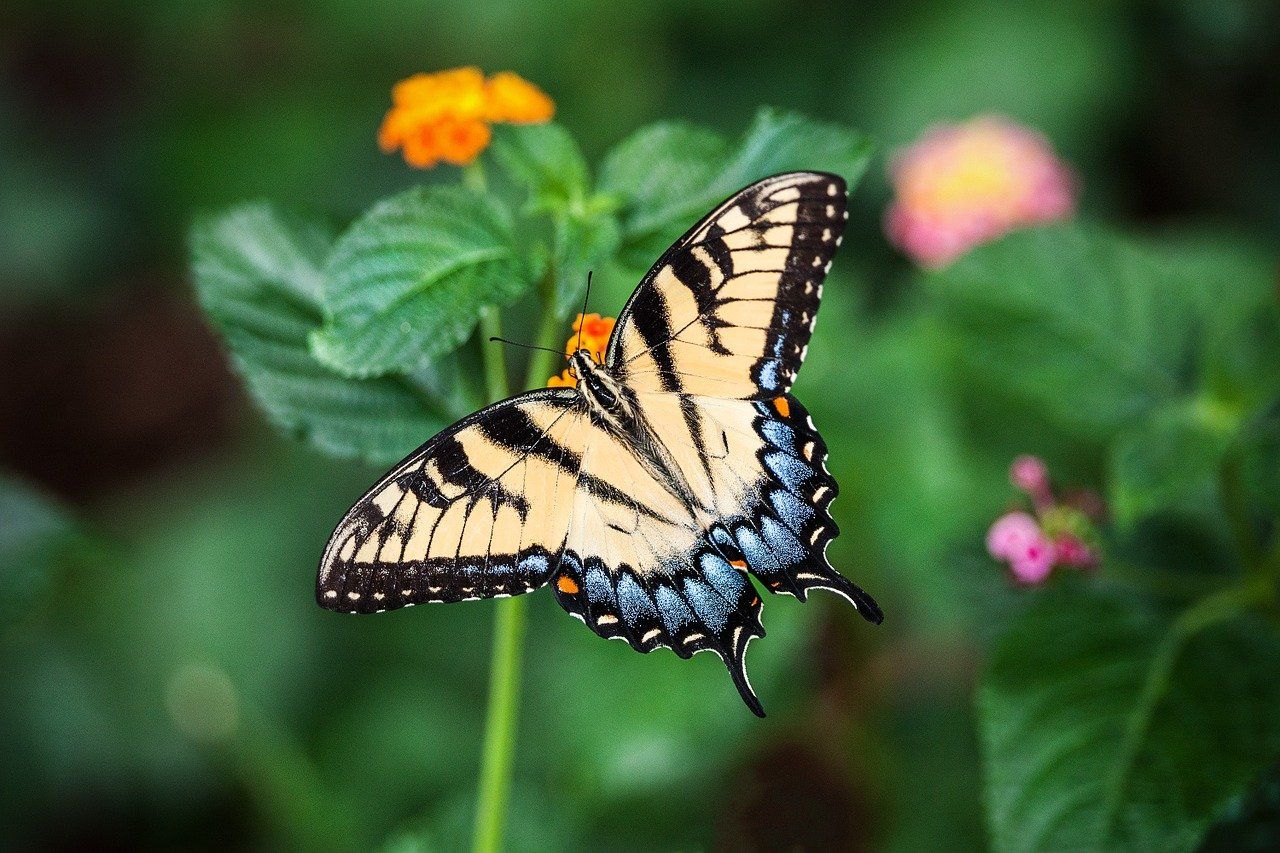
Microbial
Microbial agents come from natural bacteria, fungi, algae, viruses or protozoa. These introduce a disease into a certain insect population, produce a toxin, or limit reproduction.
Milk spore is an example of this type of natural pesticide.
botanicals
Botanical pesticides come from plants. Nicotine, neem, rotenone, sabadilla, and pyrethrins are all derived from other plants.
Pyrethrins, for example, come from the chrysanthemum plant and are effective against flying insects and in killing larvae and worms.

minerals
Mineral-based controls include sulfur and lime-sulfide. Both are sprayed as part of common insect pest control.
Are organic pesticides safer for my garden?
Many home gardeners and horticulturists are interested in having less of an impact on the environment and their personal health, but still want to use something to kill bugs and weeds.
Many people are turning to organic and natural pesticides as a safer alternative to synthetic pesticides. Organic pesticides usually come from elements of nature that can be used to control pests.
This includes substances derived from plants, minerals, and microorganisms.
Many organic pesticides are less toxic than their synthetic counterparts, but that doesn’t mean they’re safe or won’t harm the environment. Like synthetic pesticides, organic pesticides are formulated to kill.
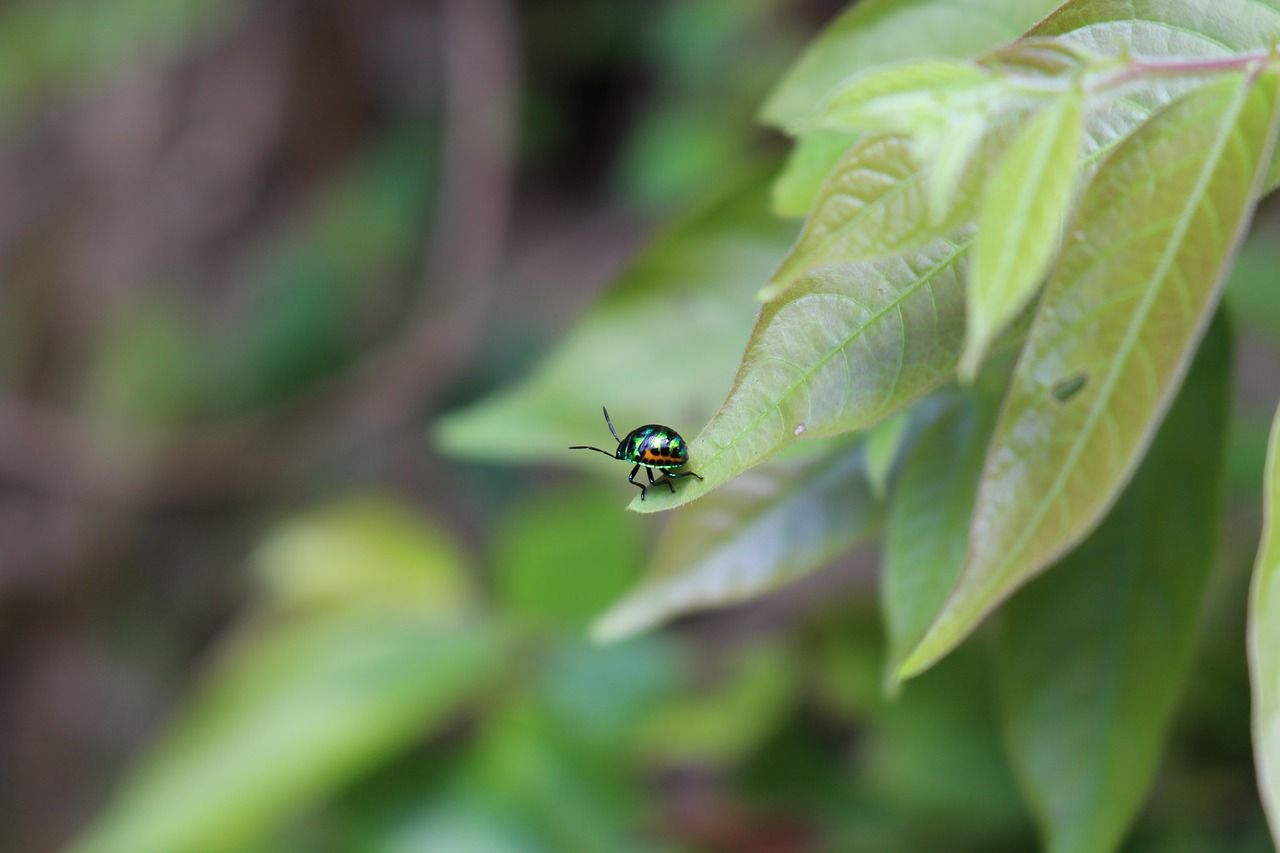
Even if the active ingredients come from a natural source, they are in much higher concentrations than would be found in nature.
Before considering the use of any pesticide, its inherent risks must be taken into account.
The risk of causing personal injury depends on the toxicity of the material. All registered pesticides have been tested for their LD50, which is essentially a measure of a product’s acute toxicity based on the lethal dose needed to kill 50% of the test sample.
A low LD50 means that very little pesticide is needed to cause harm, and the material is more toxic to humans. A high LD50 indicates the opposite. All pesticide labels, both synthetic and natural, include signal words that specify the toxicity of the product.
CAUTION means low toxicity, WARNING means moderately toxic, and DANGER means highly toxic.
The choice to use organic or natural pesticides is also due to the interest in protecting the environment. With this objective in mind, the necessary dose to control the pest must be taken into account.
In some cases, a small amount of synthetic pesticide can equal a large amount of organic to solve the same problem. Another key point is that organic does not mean that only the target pest is killed. Other beneficial non-target organisms may also be affected.
You also have to be careful with homemade insecticides. Many homemade recipes can be found on the Internet, but extreme caution must be exercised when using these substances because their efficacy, toxicity, and environmental effects have not been tested in the university.
Despite being made from common household materials like dish soap and vinegar, and seemingly having fewer risks, these concoctions can have unintended consequences and cannot be relied upon to be as effective as a registered pesticide.

![Photo of Complete Guide on How to Plant Vanilla: [Steps + Images]](https://www.complete-gardening.com/wp-content/uploads/2021/06/el-cultivo-de-vainilla-390x220.jpg)
![Photo of White Spot on Leaves: [Identify and Eliminate]](https://www.complete-gardening.com/wp-content/uploads/2022/08/white-spot-on-leaves-identify-and-eliminate-390x220.jpg)
![Photo of Ants in the Garden: How to Fight Them [Complete Guide]](https://www.complete-gardening.com/wp-content/uploads/2022/08/ants-in-the-garden-how-to-fight-them-complete-guide-390x220.jpg)
![Photo of Pear Tree Pests and Diseases: [Detection, Causes and Solutions]](https://www.complete-gardening.com/wp-content/uploads/2022/08/pear-tree-pests-and-diseases-detection-causes-and-solutions-390x220.jpg)